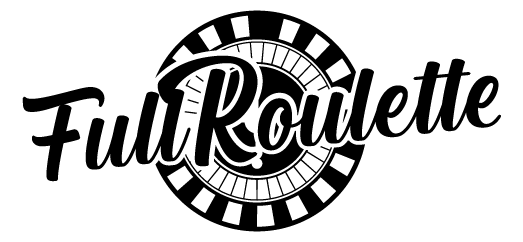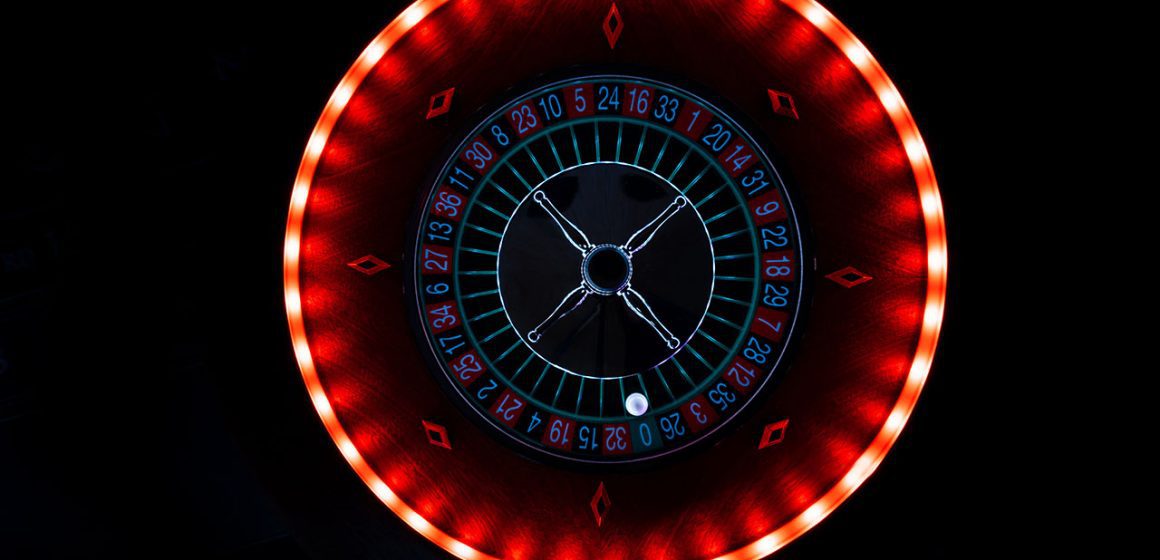Roulette is an exciting gambling game that attracts many players in casinos. Compared to blackjack, poker, and other table games, roulette is the hardest game to determine the outcomes. Albert Einstein believed that stealing the chips was the only natural way to win roulette. However, roulette players used various tricks to turn the odds in their favor. One such trick is wheel clocking in roulette. Today, we will dive into the details of wheel clocking to understand how it works and if it’s worth the risk.
What is Wheel Clocking?
Wheel clocking is a famous trick that roulette players used in the past to determine where the ball will land when the wheel stops spinning. A group of roulette players made history when they used this trick to make seven figures in the game. Wheel clocking involves observing various factors, including the releasing point of the roulette ball, its speed, and the wheel’s revolutions.
These factors collectively predict the possibility of where the ball lands. Many players question the possibility of wheel clocking due to a few factors. Firstly, wheel clocking (like other rigging tricks) is illegal. Getting caught may lead to indefinite jail time. Moreover, there is no way to rig the wheel (or clock it) to determine the possible outcomes.
Despite these concerns, you can use a few ways to clock the roulette wheel. The bigger question is, is it worth it? Let’s explore the wheel-clocking methods to know the answer.
How Does Wheel Clocking Work?
You can clock the roulette wheel using two techniques.
- Visual Observation
- Electronic Device
Visual Observation Method
Let’s start with the basic method. Visual observation of the roulette wheel involves carefully observing the wheel’s movement and taking notes about the number of revolutions, release points, and speed. When visually observing these factors, you may notice certain patterns followed by the croupier. Typically, croupiers are advised to be fast when spinning the wheel. Casino management teams have strict surveillance to prohibit rigging practices.
By observing how the croupier spins the wheel consecutively, you can determine patterns to understand how they do it. Repetitive patterns are known as dealer signatures. Visual observers use such clues to determine the possibility of outcomes. While visual observation seems safer, it leaves much space for human errors.
When observing the wheel, you may miss out on the accurate count of revolutions, leading to uncertain landing spots. Such errors make visual observation a less effective clocking method.
Electronic Device Method
The second method to clock the roulette wheel is using a computer aid. Specialized computers evaluate the ball’s release point, speed, deceleration, and other factors to determine the landing spot. Typically, computerized devices function in two phases. First, they record the information and then process it to evaluate accurate outcomes.
In most cases, electronic devices for wheel clocking predict more accurate results than visual observation. While valid, even with a computer, you may not get 100% accurate outcomes. The quality and accuracy of a computer also influence the accuracy of results. Some devices offer more efficient results than others.
You may stick to the latter to get the best results when comparing the two-wheel clocking techniques. We recommend getting a user-friendly (but efficient) device for guaranteed winnings.
What Are the Downsides to Wheel Clocking?
Wheel clocking seems fascinating, theoretically. However, there are a few practical downsides to this technique. We have covered each below to help you decide.
Visual Observation May Not Work in Most Cases
While visual observation is regarded as one of the effective methods to clock the roulette wheel, many experts speak against it due to limited evidence. Roulette wheels operate fast, making it nearly impossible for the naked eye to count revolutions. The randomness of operation leaves no space for visual accuracy.
If you think you have a better chance than most people at observation and quick calculations, you may go for a few test runs to check if visual observation (really) helps. Some players rely on theoretical calculations and face problems when trying this technique in a real casino. Remember, wheel clocking is not an easy task. People spend years mastering this art to ensure accurate outcomes.
You Will Need Dedicated Time and Investment
Learning the art of wheel clocking takes much time and financial investment. If you choose this route to win, you may spend hours of sheer focus around a roulette table to know how a croupier operates it. Being a spectator may not help you in most cases. Many players place wagers and make number selections to evaluate revolutions, ball speed, and landing spots.
If you think you can master wheel clocking in a few roulette sessions, you may be surprised by how long it takes to develop accuracy. Talking to some roulette experts in your community can help you pick a direction to learn to clock.

Wheel Clocking Can Lead to Legal Trouble
Many wheel clockers rush to accomplish their goal without thinking about its legality. Like other rigging practices, wheel clocking is illegal everywhere. Getting caught can land you in legal trouble (jail time and hefty penalties). Moreover, wheel clockers catch the attention of casinos and attract heat. You may not want to be on their radar when planning to clock the roulette wheel.
Please note that penalties and jail time for wheel clocking may vary for each case. You may thoroughly understand the depth of the issue before making such plans. Running a quick search on the possible outcomes of rigging practices in casinos can help you steer clear of doubts and make an informed decision.
(Note: We do not recommend players use rigging techniques in land-based and online casinos)
The Takeaway
Is wheel clocking worth it? The above comprehensive guide can help you evaluate the possible outcomes of wheel clocking in roulette. You can dig deeper into each part (by researching on your own) to better understand. As a new roulette player, stick to the natural playing method and leave it to your fate. Feel free to explore Full Roulette for more interesting tips and guides.


Leave a Reply